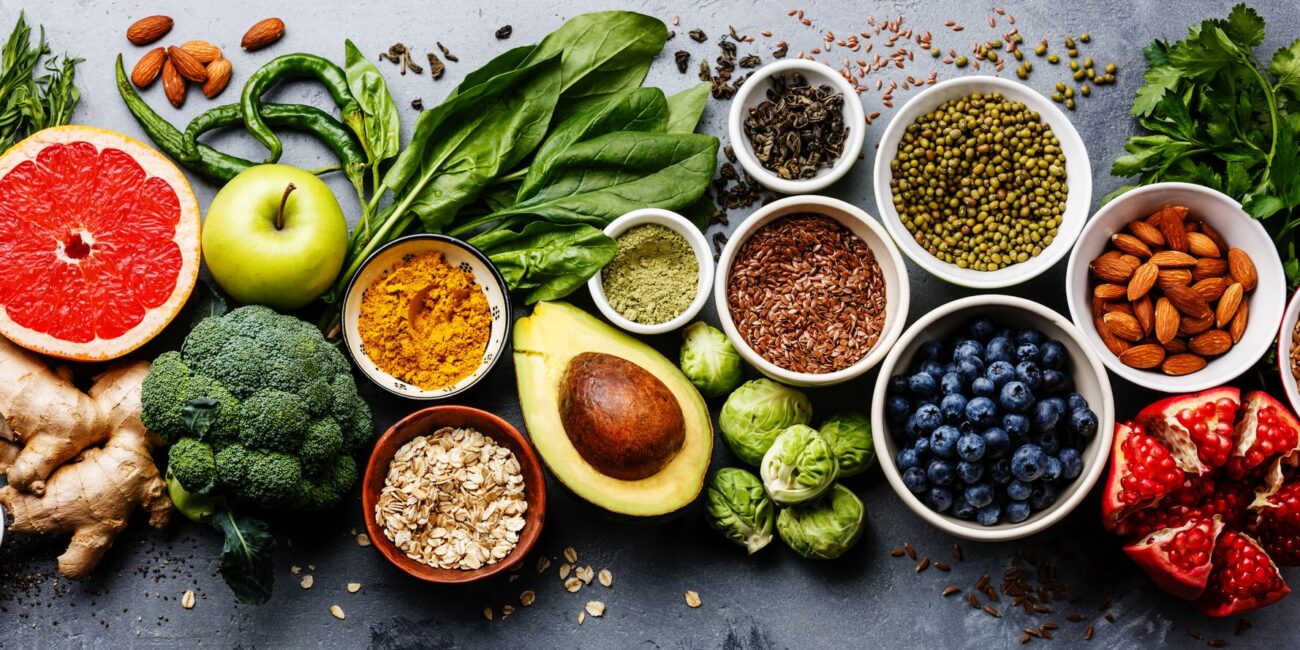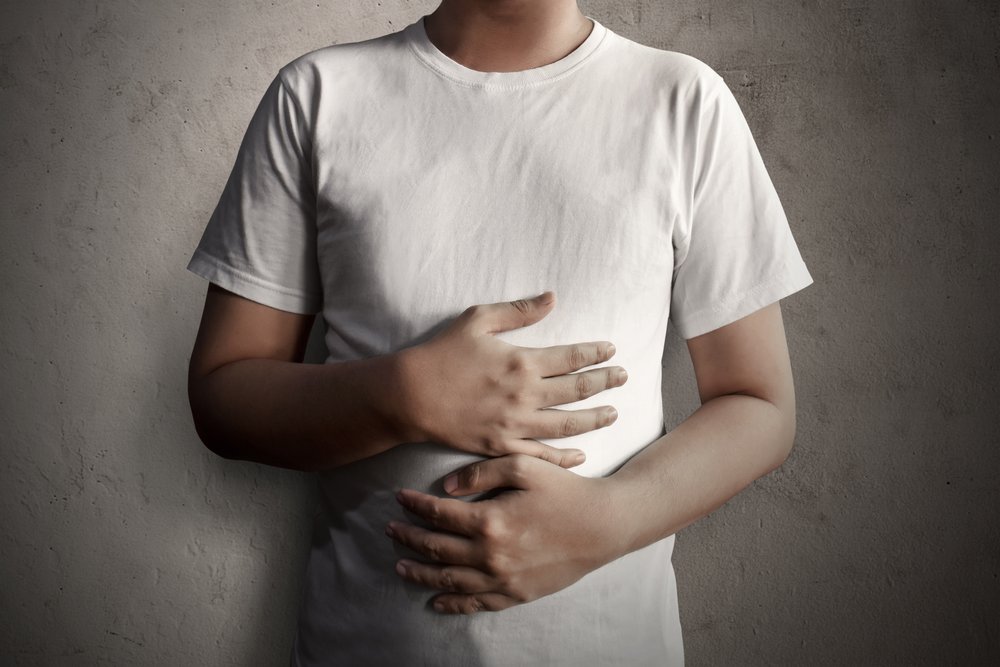5 Signs of an Unhealthy Diet: How Your Diet is Harming Your Health

If I could ask you the one very obvious way you can tell your diet isn’t great, we’re pretty sure you’d say something like “My jeans don’t fit anymore.” But what if our experts told you that the waistline isn’t the only sign of recognizing a bad diet?
There are many ways to tell if the diet that you’re following is harmful to you and your health. The only problem is these other signs tend to be much more subtle.
So what are they, and maybe you’ve already heard of them?
Symptoms of a Poor Diet: 5 Signs to Watch Out For
Maintaining a healthy diet is extremely important for your health and mental well-being. Poor dietary habits might make you tired, weaken your immune system, and even increase the risk of chronic diseases. Here are 5 signs that you need to change your diet. By recognizing them, you can make the necessary changed and improve your overall health.
#1 You’re always hungry
You may think that you are always hungry because your body has broken down the food you have already eaten, and it needs more.
But your hunger could actually be a result of your meals not having the right types of nutrients.
Meals high in sugar or sodium, simple carbohydrates, and soda might convince you that you’re full.
For instance, a cheeseburger with fries and a soda does seem like a full meal.
But the truth is, it will be broken down quickly by your body, causing you to become hungry almost immediately.
And when that happens, you’ll most likely eat more frequently.
But if you’re eating nutrient-dense foods filled with protein and healthy fats (the keto diet, for instance), you will be feeling satiated more often.

Advertisement
#2 You often feel tired
You may or may not know this, but after eating a lot of complex carbohydrates (like sugar), you suddenly feel sluggish and low on energy. This is because sugar initially increases the insulin levels in your body. But when that is followed by a later event (a decrease in your blood sugar), you’ll begin to feel less energetic.
Most people make the mistake of reacting to a lack of energy by consuming more sugar, which only keeps the blood sugar rollercoaster in action. Howevever, when you reduce your sugar intake, you will notice your energy levels beginning to stabilize almost immediately.
Similarly, being tired or constantly fatigued is your body’s way of conserving energy. Especially when it’s not getting enough of what it needs.
And this is a result of your metabolism slowing down – the opposite of what you want to happen for weight loss. A great source of energy comes from a diet that burns fat for energy instead of carbs. This is the reason why the keto diet is often considered for weight loss purposes.
#3 You have major skin issues
One possible reason for breakouts and wrinkles has to do with food.
Skin issues are usually a result of inflammation, which can occur if you’re following a diet that’s low in fat and high in sugar. That happens because the refined sugar you consume can trigger inflammatory processes and cause your skin to break out.
However, vitamin and mineral shortages, as well as having too few fatty acids, can all have a negative impact on your skin.

#4 You often fall sick
As you probably know, protein helps your muscles look lean and toned, but more importantly, protein helps you remain healthy. In other words, it’s a nutrient that is needed to keep your immune system running.
So, if you don’t get enough protein from your diet, the proteins in your body that are meant to fight off bacteria and viruses will be broken down and used for fuel instead.
This makes it more difficult for your body to fight infections, and you might realize that you experience more frequent colds and illnesses.
But when you eat a diet like keto, you’re less susceptible to sickness. Why is that? It’s because your body is filled with enough protein that is needed to boost your immune system.
#5 Your memory is cloudy
If your memory isn’t as sharp as it used to be, your diet may be to blame.
In one study, it was observed that women who ate things like fries and burgers performed worse on cognitive and memory tests than those who didn’t. So cutting back on those McDonald’s burgers and fries and adding more fruits and vegetables to your diet may help improve your memory.
The addition of these foods to your diet provides the vitamins, minerals, and antioxidants that keep your brain cells at peak performance.
Now, these are often the major signs your body gives when you’re on a bad diet and they are usually a result of eating too many carbohydrates but not enough proteins and fats.
The truth is proteins and fats are more beneficial to your health than carbohydrates as too much sugar or carbohydrates, in general, do more damage than good to your body.

And this is the reason why low-carb diets (particularly the keto diet) are often recommended for optimal health.
Such a diet can help with non-stop hunger since it’s a diet designed to keep you full, could help your immune system, and make you feel more energetic and less fatigued. A low-carb diet contains fewer carbs, which may help your skin feel better.
Conclusion
In conclusion, a healthy, balanced diet is necessary to meet our body’s nutritional needs. A bad diet can cause a variety of moderate to severe symptoms that can harm our general health and wellbeing. We may address any nutritional deficiencies and make positive dietary changes by being aware of the warning indicators described in this article.







Comments (0)